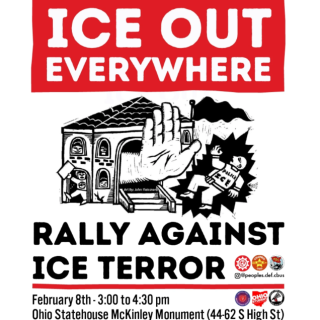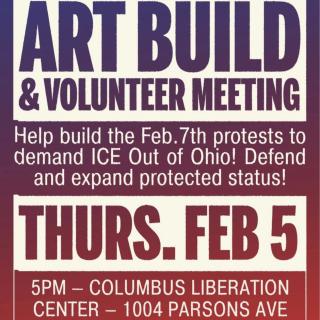Advertisement
Julian Assange is facing possible extradition from Britain to the United States, to continue his brutal punishment (which the UN special rapporteur on torture has called torture) and to be tried in a criminal court for the offense of having exposed crimes by the U.S. military.
What he did may be rare, but we ought to be able to identify it as what it is: journalism.
Assange spent seven years confined in Equador's embassy in London, where he found refuge from what he correctly maintained -- but the U.S. government falsely denied -- was an effort by the U.S. government to have him extradited to the United States. While he was there, the U.S. government had him spied on, violated his attorney-client privlege, and made plans to murder him.
Since then, Assange has spent four more years in a British prison where his health has been deteriorating. That's a total of 11 years in confinement, and the U.S. Justice Department now wants him to spend even more years in a U.S. prison.
Julian Assange has already been punished for the crime of journalism.
Why punish us all by criminalizing a critical public service?
The U.S. ambassador to Australia has suggested a plea bargain might be possible. Australian officials have joined British Parliamentarians, major media outlets, and advocates for the freedom of the press around the world in urging that the charges be dropped.
The effort to extradite and prosecute Julian Assange for journalism is a threat to future journalism that challenges power and violence, but a defense of the media practice of propagandizing for war.
The Collateral Murder video and the Iraq and Afghanistan war logs documented some of the greatest crimes of recent decades.
Claims that Assange assisted a source in criminally (if morally) obtaining documents lack evidence and appear to be a smokescreen for the prosecution of basic journalistic practices. The same goes for claims that Assange’s journalism harmed people or risked harming people. Exposing war is the very opposite of harming people.
An “espionage” trial would deny Assange the right to put forward any case in his own defense that addressed his motivations. A fair trial would also be impossible in a country whose top politicians have convicted Assange in the media for years. For example, presidential candidate Joe Biden called Assange a “hi-tech terrorist.”
Click here to tell Attorney General Merrick Garland to drop the charges.



